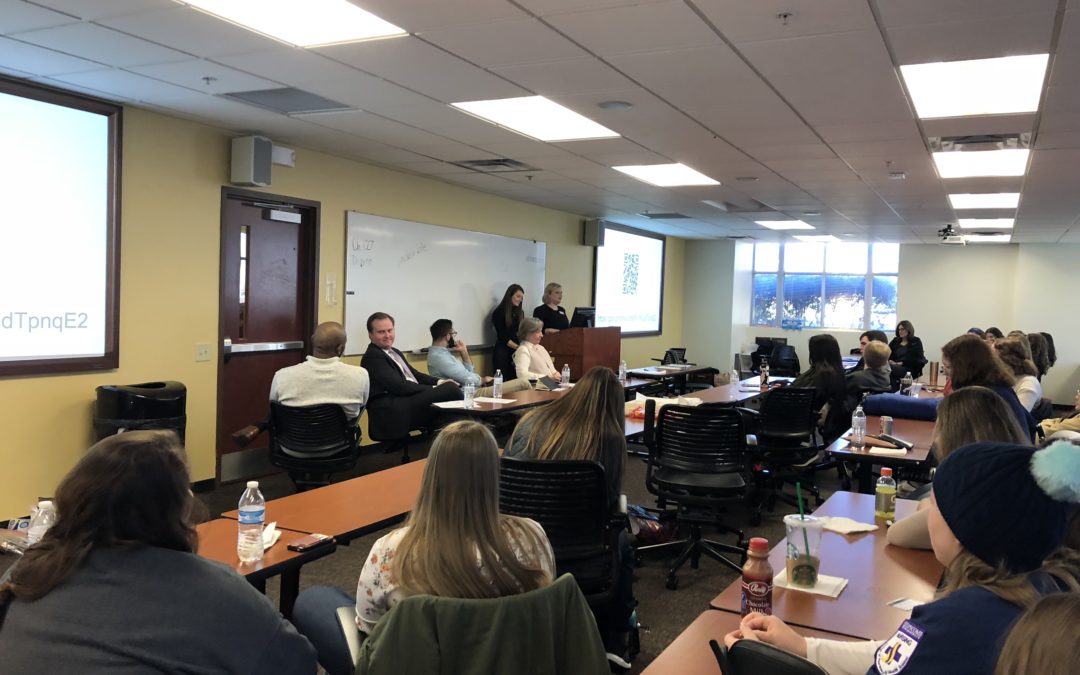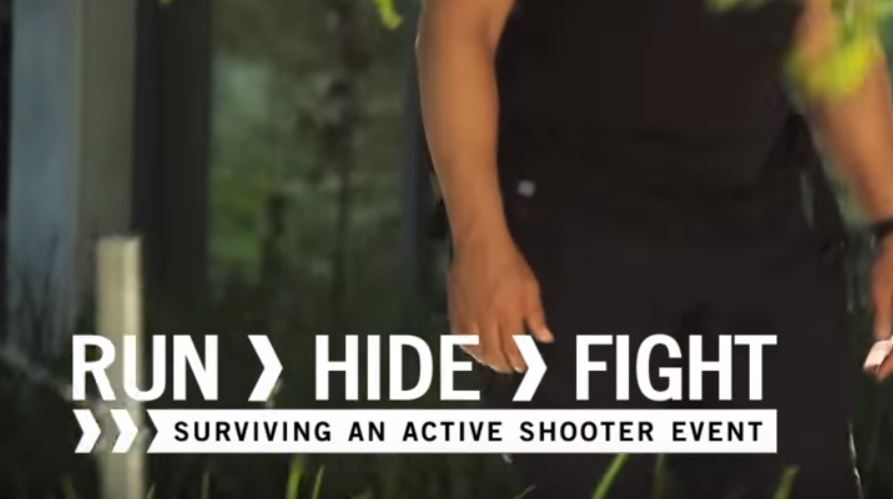
by Charissa Ricker and Carly Reams | Feb 13, 2019 | News Slider
Lipscomb University held three sessions on sexual health and spirituality during the first few weeks of the 2019 spring semester. This two-part article recaps the last two sessions. Charissa Ricker covered the second session, and Carly Reams covered the third. Second session Lipscomb held a panel discussion on Jan. 24 during a breakout chapel to address students’ questions about sexual health and spirituality. After a campus-wide survey about sexual health was sent out last semester, the Student Health Advisory Committee introduced a series on sexual health. Director of Health Services Erin Keckley spent the first session discussing the results of the survey. The second session panel consisted of Keckley, Kathy Hargis (director of Risk Management and Title IX), Pieter Valk (counselor), Josh Roberts (dean of Student Development) and Prentice Ashford (dean of Office of Intercultural Development). Students were able to submit questions anonymously for the panel to answer ranging from the different health services on campus to Lipscomb’s policies on sexual health. “We believe that if you read the Bible, and you read Christ’s teachings, that sexuality is designed for the context of marriage,” Roberts said. “And so for that reason our policies expect that students who are not married refrain from sexual activity.” The Health Center, the Counseling Center and the Title IX office are three places students can get help on-campus without having to worry about the consequences of Lipscomb’s policies. Roberts stressed the complete confidentiality between those offices and the code of conduct and the disciplinary office. Title IX and the amnesty clause were explained deeper by Hargis, who shared how students who have broken Lipscomb’s...

by Quinn Gorte | Nov 16, 2018 | News Slider
Lipscomb wants to get ahead of the curve by preparing students and faculty in advance for emergency scenarios. School shootings are happening at an alarming, weekly rate in the United States. While Lipscomb may not be able to avoid an active shooter situation, but it is trying to do everything it can to prevent the situation, as well as to ensure its students and staff are safe and equipped. “We aren’t hopeful that something will happen,” Lipscomb’s Assistant Vice President of Risk Management Kathy Hargis said. “[But] yet, we want to be prepared, just in case that it does.” Hargis trains faculty and staff to hold to a three-step rule in active shooter situations: Flee, hide, and fight. First, students should flee the compromised area, if possible. Second, if they are unable to safely leave the premises, students should hide where they are after turning off surrounding lights and locking nearby doors. The third step is a personal option, according to Hargis. If students are approached by the shooter, students are encouraged to defend themselves by using any surrounding objects as a defense or a distraction. The Bison Alert text messaging system is the emergency communication system through which Lipscomb students receive notifications . In the event of an emergency situation, Hargis believes students will receive the text warning of a shooter, including the shooter’s location on campus. Hargis realizes that students may be frightened, due to the amount of shootings happening lately in the country, but she encourages students to recognize recent shooting facts. “It’s really a small percentage on college campuses of active shooters, when you look...
by Brianna Langley | Oct 31, 2014 | News Slider
Due to rising concerns about the Ebola virus, Lipscomb students, parents and faculty are making some difficult decisions about international travel. With Commitment Week just around the corner for Lipscomb Missions, as well as Spring Semester Study Abroad trips coming up in only a couple of months, students and parents are faced with making decisions regarding international travel through Lipscomb-run programs. Concerns are certainly elevated in regards to travel, and especially travel going to West African countries, such as Ghana. “It’s definitely something that’s been on my mind and something I’ve been praying about,” Lipscomb junior Trisha Stocker said. “It’s definitely a concern and it’s something that’s scary, but at the same time, if God wants me to go and He opens the doors, how can I say no?” Stocker has been planning on participating in Lipscomb’s mission efforts in Ghana for two years now; however, due to the unforeseen epidemic, her parents are now understandably cautious about sending her. “I am being respectful of my parents since I am still dependent on them to a certain degree, so it is hard to feel called to go and then have some doors possibly be closing, but if God wants it, it’ll happen,” Stocker said. Missions coordinator and Ghana Missions team leader Paul Stevens says he wants parents and students alike to understand the high level of security and safety Ghana has developed as a country over the years. “The thing about Ghana that makes me feel a little bit more comfortable with it is just knowing that it is the most stable, most advanced country not just in West...
by Sydney Poe | Feb 22, 2012 | News Slider
It may seem like a nuisance, but tornado warnings are meant to be anything but annoying. While students may be accustomed to wintertime classes being canceled for snow days, this semester they’ve been waiting out tornado warnings in basements across Lipscomb University’s campus. It may seem overdone and unnecessary, but the Lipscomb Crisis Center takes every threat very seriously. “We try and really monitor tornado activity,” said Kathy Hargis, the director of risk management. “We have several people who keep up with that so that we can give everybody an advance warning, specifically through LU alert.” While some students may find the alerts excessive, the crisis team tries their best to keep the campus informed. Hargis says when the Crisis Center sends out an LU alert there should be an action on the other end that ultimately keeps the person out of harm’s way. And it is especially important as Nashville enters into what has typically been the most intense part of the tornado season. Every spring, cities in the South and throughout the Midwest are wiped out by tornados. Last year, storms ripped through Alabama and southern Tennessee. Also, who can forget the powerful tornado that virtually wiped Joplin, Mo. off the map. While the storms themselves are somewhat predictable, tornados can pop up within a moment’s notice, not giving people in the area time to take cover. “There have been a lot of schools in the South that have had [tornados] hit their campus,” Hargis said. “So we really feel this type of thing will save lives if they take it [seriously],” said Hargis. It may seem ridiculous...




